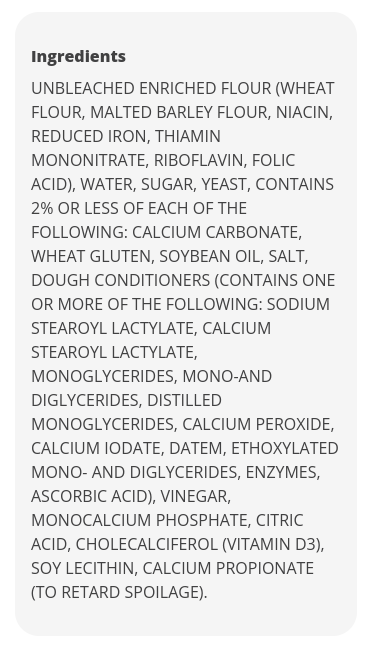

The reason is because it supposedly creates a moral hazard. This is the logic behind pricing for all sorts of medical resources (such as co-pays and deductibles). If there is a nominal cost involved to obtain the resource, then you will be incentivised not to use more than you need. But if it is free or costs too little, then you (and others) may choose to use a lot of the resource, far more than you actually need.
For example, suppose there is a $50 co-pay (a co-pay is essentially a fee) to see the doctor, and you figure you should go once a year for a check-up. In this case, you will not schedule an excessive number of appointments because you know it is not necessary and it will cost you money each time you do. If scheduling doctor’s appointments were free or costs very little, like $1, you may instead choose to schedule two or three appointments per year, because why not? Or maybe you will go see the doctor for every minor cold or stuffy nose. It’s not like it will cost you a significant amount of money. Or so their thinking goes, anyway.
Remember, the $50 you pay isn’t all that it costs. For every $50 you pay, the insurance company is probably paying the doctor $150.
Similarly, suppose a drug costs $100, but the insurance company pays $90, and you have to pay a $10 co-pay. You buy one vial, which is good for one month. The fear is that if the insurance company pays for all $100, since the drug is now free for you, you might decide to get two vials instead, just in case. After all, they’re free for you, right? This means the insurance company has to pay $200 for two vials of the drug but the benefit to you is actually pretty small. Again, this is how insurance companies think.
Now, whether this logic is sound or not, I leave that part up to you.






Normal person: ¬(Garbage | Trash) = okay to put here if it is not garbage and not trash
Computer programmers: ¬ Garbage | Trash = okay to put here if it is not garbage or it is trash, but since garbage and trash are the same thing and ¬P | P = 1, it’s okay to put anything here